On Rebecca Solnit and why women's creative voices are essential for democracy
How are you these days? I’ll be honest, this past week has been tough. It has been something else watching the destruction of science, public health, democracy, and freedom as we’ve come to know here in the United States.
And of course, it’s not just happening here. We’re witnessing increasing repression of free speech in the UK, continued autocratic military aggressions in Ukraine, and the starvation of an entire people in Gaza. And so much else.
If you’ve been following my writing here for some time, you’ll know that I mostly share my own writing vs. works of others. I like bringing ideas together with my own point of view, hoping to offer insight to those who want to be more creative, live lives of more meaning, and make the world a better place.
However, I just came across a piece that feels far too relevant not to share. Rebecca Solnit's latest essay isn't just a piece about books and democracy, it feels like a call to every woman who has ever hesitated to put her voice out into the world.
In "The War for the Imagination," Solnit argues that we're in a fundamental struggle between forces that seek to diminish empathy and critical thinking, and those that nurture our capacity for understanding and connection.
The stories we tell and the voices we choose to amplify are at the heart of this struggle.
For women writers and creatives, this means that using your voice is democracy in action.
Every time you write or put your creativity and opinion out in the world, you're enacting the radical principle that your experience matters, your perspective deserves to be heard.
You're pushing back against years, decades and centuries of systems that have been designed to keep you silent.
When you craft a story, essay, or poem, or when you offer an experience with your art or your creative business, you're building what Solnit calls "empathic imagination.” You are expanding other people’s capacity to understand lives and experiences different from and beyond their own.
Your creative work can connect your inner world to others who desperately need to know they're not alone. And, more importantly, on a wider social level, your writing can become resistance to authoritarianism.
Solnit points out that Hannah Arendt holds that the individuals and forces that seek to undermine democracy thrive when people lose the ability to distinguish truth from fiction and when empathy is smothered.
I believe your creative voice is an alternative to that end.
Read Solnit's full essay here.
After reading it, then I invite you to find a few moments of stillness to consider how you can use your voice. How you might bring your full self into the world, as it is today, to create a better future?
What story will you be telling this week?

